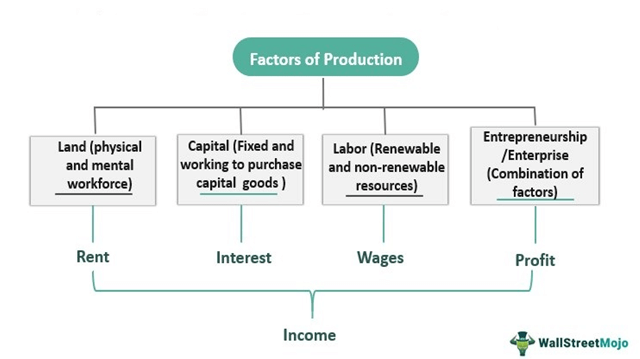

Most scholars reject strong forms of direct democracy on the grounds that it is unworkable. To the extent that government exists, its only function is to enact the decisions of the voters. In a direct democracy, voters vote on their laws directly, without representatives. There is actually a spectrum of democracy, ranging from direct democracy at one end to republicanism at the other. Socialism may always be democratic, but what type of socialism depends on what type of democracy is practiced. True socialism has never been tried at the national level anywhere in the world, although some employee-owned firms have successfully employed it in the West. It was instead a brutal dictatorship over workers. It is for this reason that socialists reject the claim (made by the Soviet Union itself) that the Soviet Union was socialist. Therefore it is a logical impossibility to have “collective ownership” by a dictator. “Collective ownership” means that the group is in control “dictatorship” means that a single person is in control. Workers do not own or control anything when a dictator is telling them what to do. For those who automatically equate socialism with big government, the mere existence of an ideology called “anarcho-socialism” is a direct refutation of that belief.Īnd in those variations of socialism which do call for a centralized government, that government is always a democracy - never a dictatorship, central planning committee, or other form of ruling elite. “Collective ownership” does not necessarily mean “government ownership,” as the case of anarcho-socialism shows. This point is probably the most confused and misunderstood aspect of socialism. The primary feature is actually worker ownership of production. As you can see, a central planning committee is hardly a necessary feature of socialism.
#Means of production free
Another proposed form is anarcho-socialism, where workers own companies that would compete or cooperate on a free market, without any centralized government at all. The most common is social democracy, where workers vote for their supervisors, company policy, and industry representatives to regional or national congresses. Socialism has been proposed in many forms. As you can see, there is a spectrum here, ranging from a few people owning productive wealth at one end, to everyone owning it at the other. The third approach is socialism, which is defined as “the collective ownership and control of the means of production.” That is, everyone owns and controls productive wealth, which is accomplished through the vote. However, this ownership is limited to those who can afford to buy productive wealth nearly all workers are excluded. The second is capitalism, which disbanded the ruling elite and allows a much broader range of private individuals to own the means of production.

The first was aristocracy, in which a ruling elite owned the land and productive wealth, and peasants and serfs had to obey their orders in return for their livelihood. The term can be simply and picturesquely described in an agrarian society as the soil and the shovel in an industrial society, the mines and the factories and in a knowledge economy, offices and computers.One of the central questions of any political ideology is “Who should own and control the means the production?” ( Means of production refers to factories, farmlands, machinery, office space, etc.) Generally there have been three approaches to this issue. When used in the broad sense, the "means of production" includes the "means of distribution" which includes stores, banks, the internet and railroads. If creating a good, people operate on the subjects of labour, using the instruments of labour, to create a product or, stated another way, labour acting on the means of production creates a good. They include two broad categories of objects: instruments of labour and subjects of labour. This includes the classical factors of production minus financial capital and minus human capital.

Means of production refers to physical, non-human inputs used in production-the factories, machines, and tools used to produce wealth - along with both infrastructural capital and natural capital. Freebase (0.00 / 0 votes) Rate this definition:


 0 kommentar(er)
0 kommentar(er)
